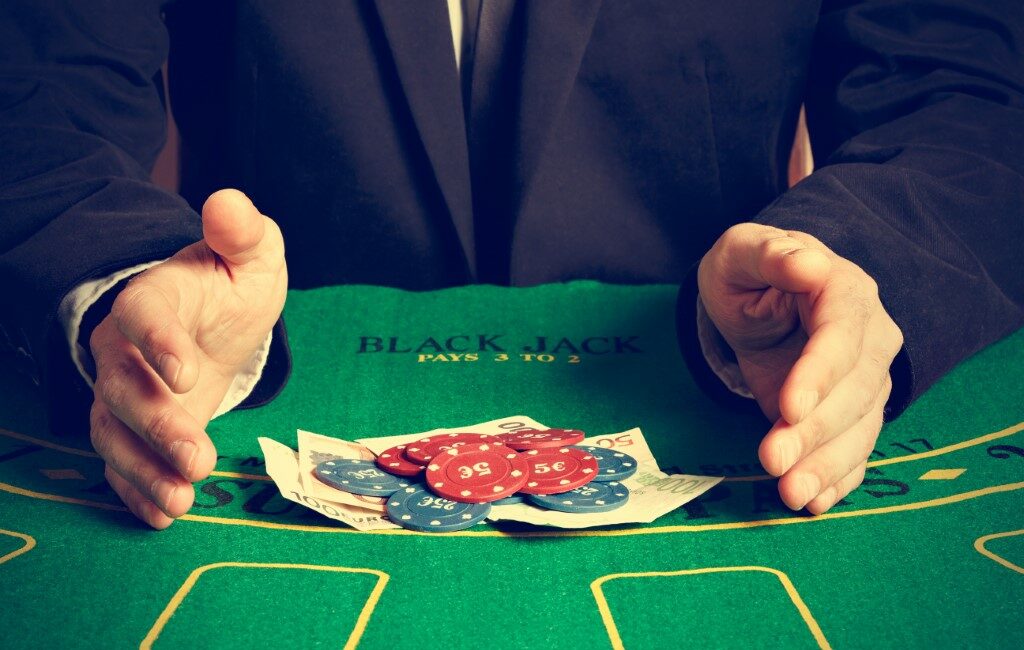The gambling market’s value surpassed $495 billion in 2019, establishing it as one of the most rapidly growing and lucrative industries today. Millions of gamblers from all over the world spend day after day trying their luck or simply spinning the wheel in order to experience the rush and new feelings.
Gamers, on the other hand, typically avoid discussing their hobby and prefer to keep a low profile, avoiding going into great detail about their activities. Gambling is frowned upon by the vast majority of people, and there aren’t many people who can understand and sympathize with such an activity as a form of entertainment. Why do they continue to lie about it if they are aware of it? Is it because people automatically associate them with obsessive gamblers, or because society has a tendency to condemn those who are different?
Consider yourself lounging on the couch, surfing the web, and selecting a slot machine to play. Are you able to unwind while engaging in this hobby? Perhaps you like to keep up with the latest no deposit bonuses available at online casinos by visiting websites like Casino Hex CA on a regular basis. If this is the case, would it be appropriate to bring it up in conversation with a friend? Will others look down on you or accept you? Let us all work together to solve this problem.
Is it true that having fun while gambling automatically leads to addiction?
Gambling has a long history and is frequently regarded as a pleasurable pastime, particularly one that is mindless and relaxing. People went in and then came back out. Millions of gamers find it simple to stop gambling and stay within their financial limits at all times. However, some people are unable to stop gambling, and this is when the activity becomes a problem, and even a social problem.
Gambling addiction is extremely harmful not only to the person who engages in it, but also to the people around them. Because of the gradual onset of this addiction and the absence of any associated mental or physical symptoms, the individual’s family and friends may be unaware of the problem. A significant number of problem gamblers refuse to admit they have a problem and instead gamble covertly to lessen the impact of their addiction. They deceive others, sneak around, and even withdraw from those they care about.
Bettors who are unable to control their gambling often resort to dishonesty and theft to fund their addiction. Some of them continue to deny that there is a problem because they simply cannot accept how terrible the disease is. Other players have the mindset that they are on the verge of quitting completely at any moment. And some people are afraid of the consequences of breaking free from their addiction and confronting the world as it is.
There are some players who are more likely to develop a gambling addiction
For example, people with ADHD or a proclivity for taking unnecessary risks. Individuals in these groups should exercise extreme caution before participating in any casino game and ensure they fully understand the potential drawbacks. If you or those close to you are concerned, you must be honest about it and make an effort to address it without passing judgment while offering your full support.
Prejudice and widespread condemnation
Another reason people lie about gambling is guilt or the stigma associated with it. People are discredited as social groups because of their appearance, beliefs, hobbies, and behaviors. This is a social process that occurs. This procedure includes categorizing, stereotyping, and discriminating against people based on those labels.
Despite receiving the same level of social stigma as schizophrenia and alcoholism, disordered gambling was regarded as a more serious problem than cancer and clinical-related concerns in extensive studies conducted among students. According to the findings of a study involving 281 students, compulsive gambling ranked 13th on a list of 40 mental disorders, with alcoholism ranking 10th and paranoid schizophrenia ranking 20th.
The Pamunkey, a native tribe in Virginia, is an especially illuminating example of the quandary because they are attempting to reclaim the rights to their original territories while also making gambling legal. Locals oppose gambling and believe it is a serious social issue that should never be tolerated in society. On the other hand, the residents of this town appear to be unaware that they have one of the largest horse tracks in the country.
It is not surprising that many people struggle with gambling and do not fully understand it. A variety of issues may arise as a result of the practice of stigmatizing and discriminating against gamblers. Individuals in genuine need of addiction treatment will most likely avoid feeling pressured and condemned, and as a result, they will withdraw from society and remain closed off.
Is it possible to justify gambling?
Gambling is nothing more than a harmless pastime when approached properly. Some people are genetically predisposed to developing a gambling addiction, but the same is true for those who become addicted to alcohol or drugs. Even though the vast majority of players can enjoy casino games without the assistance of a third party, these players are still subject to societal pressures.
The most serious issue is that those who do not gamble are unaware of the history of the activity or the potential benefits that it may provide to those who do. Simply put, people do not have access to enough information to form an objective opinion about games of chance. This leads to preconceived notions and guilt judgments.
We believe that talking about gambling, focusing on the positive aspects of the activity, and taking it seriously will not only help the general public tolerate gambling but will also aid in the treatment of those who are truly in need of help. Because people who lie about their passion and have an addiction will continue to keep their doors closed and will be unwilling to seek professional help and support.
